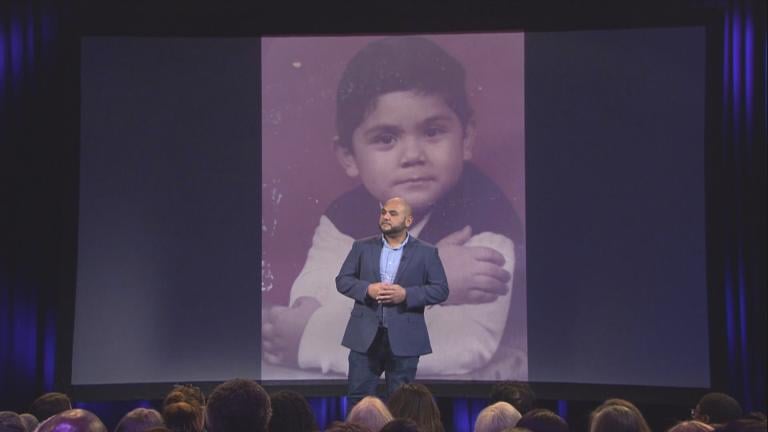Thousands of restrictive laws govern people who have been released from prison in the United States, making it difficult for them to find housing, employment and to restart life after they have done their time.
Nneka Jones Tapia
The reasons women commit crimes are different, and often overlooked, researchers say. And since 58% of incarcerated women are mothers to children under 18, the permanent punishments they face affect not only them, but their entire families.
Do inmates in Illinois prisons and jails have a right to safety? That’s the central question raised in a new publication written by former Cook County Department of Corrections Warden Nneka Jones Tapia.
While the number of women in prisons is relatively small compared to the number of incarcerated men, the rate of female incarceration is on the rise. Black women in particular are overrepresented in the nation’s jails and prisons.
Among those most vulnerable to the coronavirus are jail and prison populations, where people live in tight quarters, with potentially limited health care and access to basic needs like soap.
The former Cook County Jail executive director will focus on mental wellness, particularly among Chicago youth whose parents have been incarcerated.
Cook County Sheriff Tom Dart drew national attention when he appointed a psychologist to be the jail’s executive director. After almost three years on the job, Nneka Jones Tapia is moving on.
Cook County Jail wasn’t designed to be a psychiatric facility, but it’s turned into one of the largest mental health institutions in the country, says Cook County Sheriff Tom Dart.
Community leaders from around Chicago join us for an hourlong conversation about the root causes of Chicago's violence, and what can be done to stop it.
Dr. Nneka Jones Tapia, a clinical psychologist, is the new director of the Cook County Jail. She joins us in conversation.











